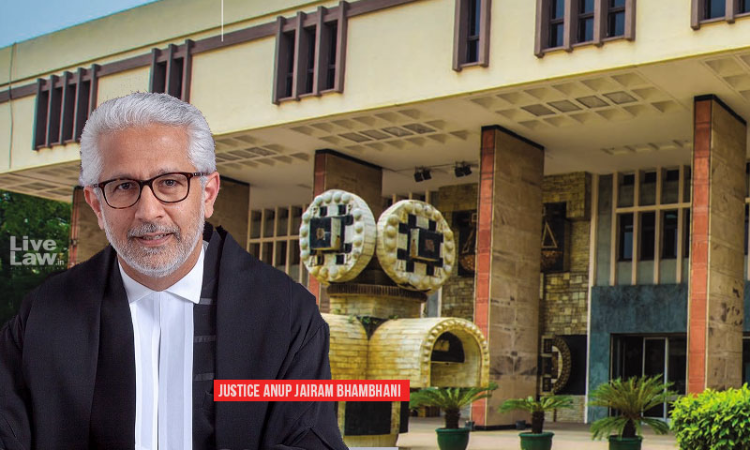ED’s Power To Issue Summons Under Section 50 PMLA Does Not Include Power To Arrest: Delhi High Court
Nupur Thapliyal
19 Oct 2023 1:08 PM IST

Next Story
19 Oct 2023 1:08 PM IST
The Delhi High Court on Thursday ruled that the power of the Enforcement Directorate to issue summons to a person under Section 50 of PMLA does not include the power to arrest. Justice Anup Jairam Bhambhani said that the power to arrest is “conspicuously absent” in section 50 of the PMLA which empowers ED officers to arrest any person, subject to satisfying the conditions mentioned...
